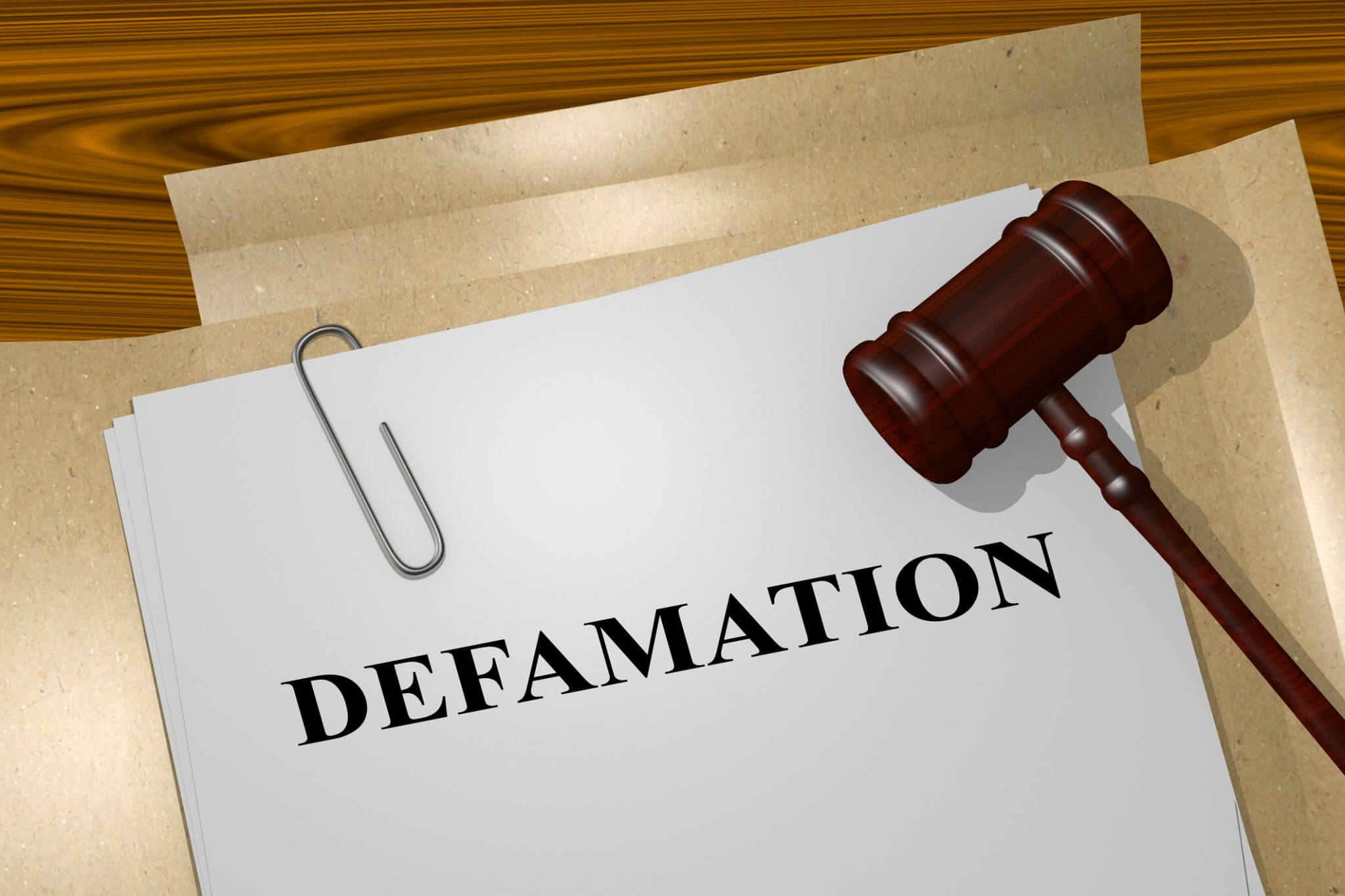Defamation of character isn’t exactly considered a criminal offence but it is a civil wrong that can cause damage to someone’s reputation. Spoken defamation is slander while written defamation of one’s character is called libel, and if you’ve been a victim of either of these, you can claim compensation for the damages. Workplace defamation doesn’t necessarily include all types of conflicts and harsh words. It’s therefore critical that you understand the differences between them so that you don’t end up suing for no good cause.
How To Prove Workplace Defamation Of Character
There has been an increasing number of workplace defamation cases against employers, however, in many instances, the plaintiffs are not able to prove their defamation case and thus lose their compensation. Although the laws surrounding a defamation case differ from state to state, there are some general requirements you need to consider. To prove workplace defamation of character claim, you need to consider the following points.
Statement
The defamation statement is the first thing you need to identify in order to prove your claim. This statement can be in written form, spoken, or even gestured. Slandering is believed to be less harmful than libel because written comments are more reliable than spoken statements, which require additional processes and witness testimonies to prove.
Published
You’ll have to prove the defamation statement was published. In law terms, the statement being published doesn’t necessarily mean it was printed in a book or magazine. The defamatory statement being published essentially means that a third person saw or heard the statement. Whether the statement was made public through social media, television, radio, magazines, newspapers, gossip, or just a loud conversation, it decides the charges you can press.
Different states have different rules regarding the publishing of a defamatory statement. For example, in Tennessee, the offensive statement should be misleading and published knowingly. In states like these, having a Memphis workplace defamation lawyer can help your case go more smoothly and prove fault.
Workplace defamation is usually published through gossip or conflicts in the workspace. These can be proven through sufficient evidence that can include witness statements, security footage recordings, email and chat history, or anything else that can provide discriminating evidence against the person who said the defamatory statement.
False
To prove that a statement is defamatory to your reputation, it must be proved false. A factual statement will not be regarded as defamation of character, no matter how hurtful or cruel it is. Furthermore, most opinions aren’t considered defamation of character because they can’t always be proven to be false or misleading. Interestingly, workplace defamation claims have the opposite rule. To prove your claim wrong, your employers or the person you sue has to claim their defamatory statement about you was true, not the other way around.
Injurious
Since the whole point of your claim is to get compensation for the damages you had to face because of character defamation, you will have to prove that the statement was injurious or harmful to you in some way. The compensation you receive will be based on the extent of the damage you had to face.
These can include actual damages like loss of wages or assumed damages, i.e., damage to your reputation. It can also include both of these types. For instance, assume you lose your job following a defamatory statement against you. Here, what happened was first, your reputation gets damaged and second, you lose your job, and might even have to struggle to find another one.
Unprivileged
The statement against which you intend to make a claim must be unprivileged. If your bosses or employees create false defamatory rumours about you in a privileged situation, you cannot seek compensation or even file charges against them.
Legislators have these privileges as well, and they are not accountable for statements made in the legislative chamber or at official sessions. Similarly, your employer’s working privileges may include official meetings. These folks won’t have to worry about defamation charges or lawsuits in privileged settings.
Workplace defamation claims should be thoroughly investigated because if not established correctly, the plaintiff may suffer injury. As a result of the increase in workplace character defamation claims, the standards governing these cases have been more stringent, and if not followed correctly, the case will be dismissed.
Character defamation is a written or spoken comment that damages a person’s reputation to the point where he or she is forced to deal with long-term problems and additional costs. Expenses you’ll need to claim can include the loss of your job and the trauma caused. Plaintiffs are required to prove several factors for their lawsuit to be considered legitimate. However, beware that filing the wrong case can result in you getting sued in turn.
